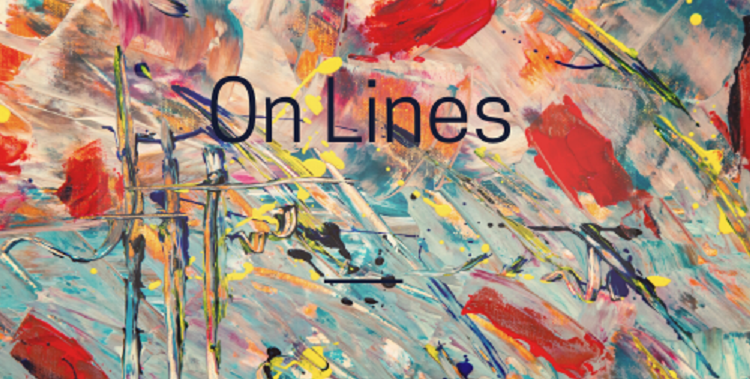Albus McInerney edits a literary magazine.
Kim’s world, on the shores of Lake Michigan, is already cold. Rami’s, on the coast two and a half thousand miles south of Cadiz, is hot and humid, whatever the season. Although winter comes to Patrice’s island off Hongkong, it’s a shadow of the frigid blanket that descends on China proper. Dimitri’s home in the Balkans, like mine in Madrid, is now infused with the stark light of autumn.
‘It’s not the season,’ Dimitri said. ‘It’s the virus!’ Dimitri has a way of moving from the slightly downbeat to the positively nihilistic in one conversational bound.
We had collectively acknowledged the glum tone of our pre-meeting emails – like a lot of committees, many of our useful exchanges take place in the lead-up and follow-through rather than at the meetings themselves.
‘I have to confess, I’m a little preoccupied with the big event on this side of the pond,’ Kim said. ‘He’ll definitely lose – but what if he doesn’t!’
‘Oh, Kim!’ Rami said, ‘when fools are in office, you often have to look the other way!’
‘Rami, my dear!’ Dimitri remarked with professorial familiarity, ‘if you look the other way for too long, they will come and ask you what you’re looking at!’
I was inclined to agree. I once lived in a country where political dissent was less welcome than reasoned argument at an election rally. But on the cause of our present gloom, I took a different view. ‘It’s not the virus, Dimitri,’ I said, ‘or the election in your parts, Kim. It is most certainly the season.’
‘Mists and mellow fruitfulness,’ Patrice said.
‘Indeed,’ I replied. ‘Flowers in the summer, Fires in the fall! Autumn has that particular congruence of change and melancholy.’
‘Who wrote the last bit?’ Rami asked.
‘I did,’ I said.
‘Albus, you are surely not becoming sentimental.’ Kim has the magisterial knack of conveying conclusive disapproval with a clipped and steady tone.
‘I haven’t been to Ireland,’ Rami said, apropos nothing that sprang immediately to mind. Then she added, ‘but when I was a little girl, my mother recited those lines from Yeats. She used to read me poetry when we travelled to my grandmother’s. I remember looking through the window at dusk and hearing my mother speak about October twilight and a still sky.’
‘The swans,’ Patrice said, ‘that scatter wheeling in great broken rings.’
‘That’s the one!’ Kim said. ‘I agree with Albus. It’s surely the season, and not just the physical season. There are deeper currents – life, longing, that sort of thing. This time of year prompts reflection.’
‘When did you ever see / So much sweet beauty as when fine rain falls / On that small tree,’ I said. ‘That was Clive James musing on transience at the very end of his life. Perhaps there’s a heightened sensibility when we grasp that everything we love will one day vanish.’
Not sentimental, I thought, though certainly a little on the wistful side.
‘This thou perceiv’st which makes thy love more strong / To love that well which thou must leave ere long,’ Patrice said.
‘Patrice!’ Rami started to laugh. ‘Do you really have that from memory!’
‘He had a misspent youth,’ Dimitri said, ‘all Shelley and no wop bop a loo bop.’
‘A lop bam boom,’ Patrice interjected, it can safely be said, to general astonishment. ‘I dabbled in other things,’ he added dryly.
‘Gentlemen!’ I said, ‘Let’s not allow gloom to descend into flippancy!’
‘Is that another one of your own, Albus?’ Kim asked.
‘Newly minted,’ I said.
‘The season makes you eloquent,’ she said.
‘Not eloquent but pensive,’ I replied. ‘In Spain the leaves are falling on empty streets. It makes me think about the time after the Civil War, when the country was quiet and afraid.’
‘People close their eyes to ugliness,’ Rami said, ‘but the third eye sees the beauty beyond – redemption from dictators and fools, redemption from selfishness and spite.’
‘Bravo, Rami!’ Patrice said. ‘If Winter comes, can spring be far behind?’
‘Ask me in a few days,’ Kim said. ‘When the votes have been counted.’
